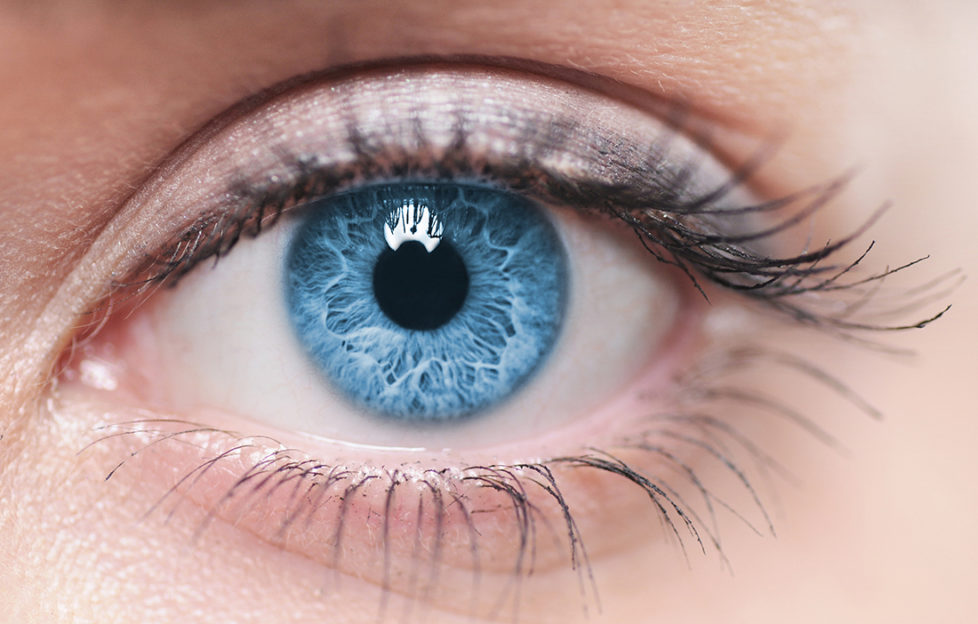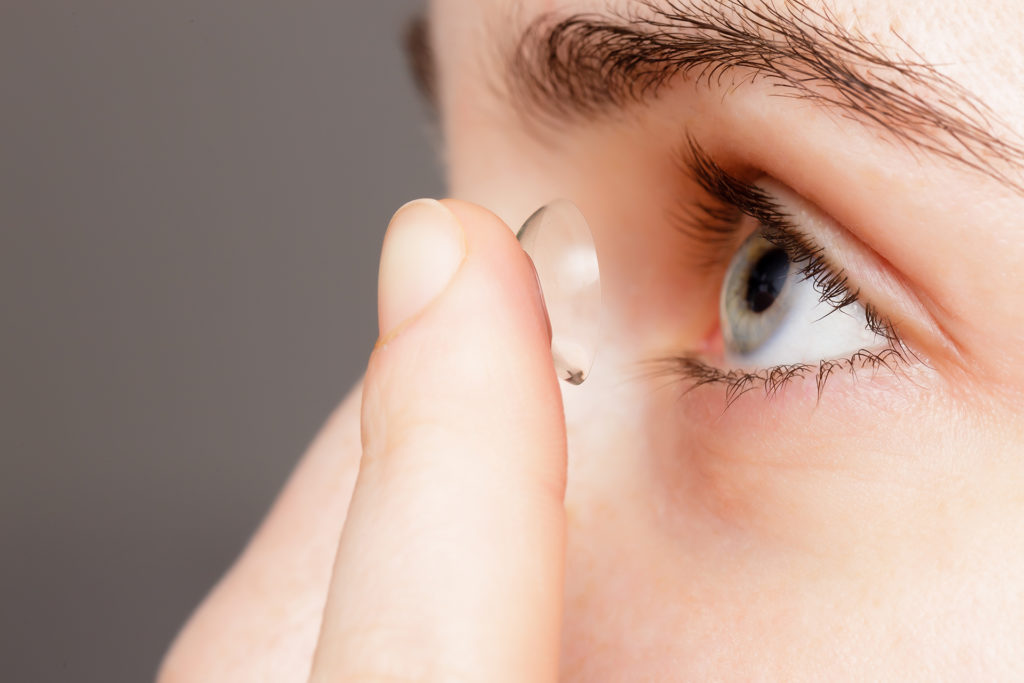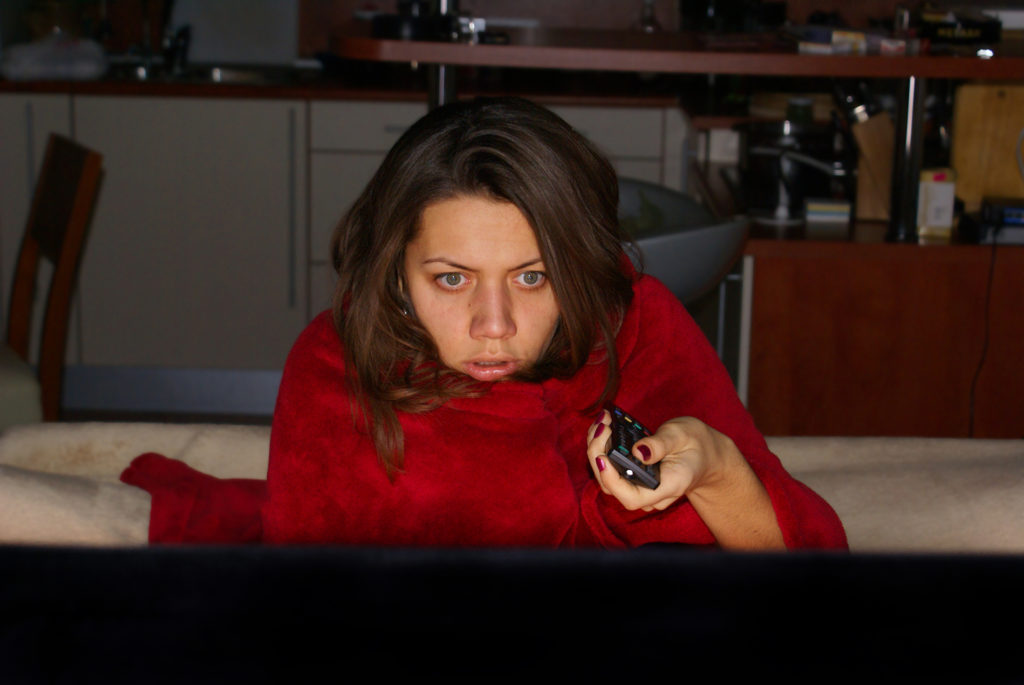10 Eye Care Myths Debunked

Feel Good Contacts have debunked some of the most common eye myths to help you to sort the fact from fiction!
Eye twitching means someone is thinking about you
Although we technically can’t prove that someone isn’t thinking about you when your eye twitches, it seems unlikely enough. There are many reasons why your eyes might be twitching.
You can’t sneeze with your eyes open
It’s commonly believed that if you dare to sneeze with your eyes open that they will pop out. If you also believe this gruesome tale, then you’ll be glad to hear that it’s just a myth. The eyes closing when you sneeze is a natural reflex, probably so you don’t transfer bacteria to your eyes while sneezing.
All babies are born with blue eyes
You may have often heard that children all start off with blue eyes when they are born, but it isn’t true. In fact, more people worldwide are born with brown eyes than blue.
Contact lenses can get stuck behind your eye
When a contact lens appears to have disappeared from your eye, it is usually just stuck to the inside of your upper eyelid. Thankfully, a contact lens cannot become lost in the back of your eye. If you’re struggling to remove your lenses, here is a guide on how to get a lost or stuck contact lens out of your eye.
Eye exercises improve your vision
Doing eye exercises won’t give you good vision, however, eye yoga can aid eye fatigue which is especially helpful for those who spend a lot of time in front of screens.
Eating carrots improves your night vision
Unfortunately, night vision seems a little way off for us humans. Eating carrots won’t allow you to see as clearly as you can in daylight. However, there is a grain of truth to this myth. Carrots are high in vitamin A, which helps your eyes to function better in low light conditions, but you won’t be able to see as clearly at night as you can during the day.
The myth came from propaganda during World War 2. Advertisements at the time showed soldiers eating carrots to improve their night vision, but this was only done to distract the Germans so they didn’t find out Britain was using radars to stop night time bombings.
Reading in dim light is bad for your eyes
Although reading in low light won’t harm your eye health, it will cause your eyes to strain which can cause temporary discomfort.
Sitting close to the TV will damage your eyes
Sitting close to the television won’t harm your eyes, however prolonged use of screens can cause temporary eye strain because you naturally blink less. Feeling the need to sit very close while watching TV may indicate that someone is near-sighted and they may need to wear glasses.
Learning difficulties are because of vision problems
Learning disabilities are to do with the way your brain processes information in front of you. Although it’s possible to have eye problems and learning difficulties at the same time, one is not the fault of the other. Sometimes visual issues in children are mistaken for learning problems so it’s a good idea for them to get assessed both for learning issues and they have an eye exam.
Eye doctors all do the same thing
There are distinct differences between an Ophthalmologist, Optometrist and Optician








